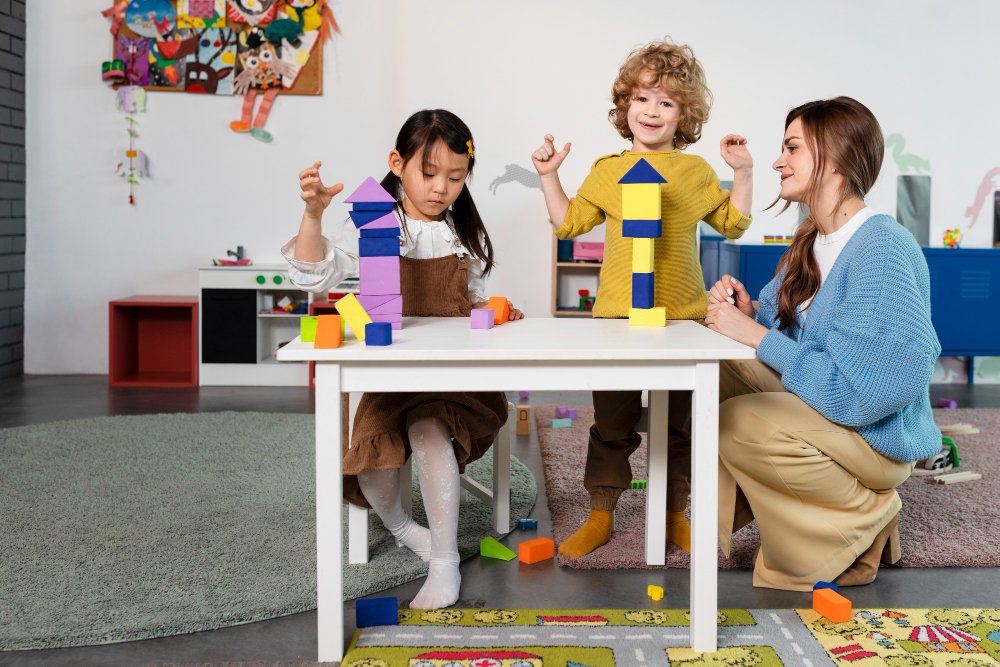The daycare system plays a vital role in modern society, offering a safe and nurturing environment for young children while their parents work or attend to other responsibilities. Daycare centers provide early childhood education, socialization opportunities, and a structured routine that promotes overall development.
What is Daycare?
Daycare refers to a facility where children, usually from infancy to preschool age, are cared for during the day. These centers are staffed by trained professionals who provide care, supervision, and early learning activities. Daycare can be full-time or part-time, depending on the parents’ needs.
Benefits of Daycare
- Social Development: Daycare centers provide children with opportunities to interact with peers, helping them learn social skills like sharing, cooperation, and communication. These early interactions are crucial for emotional development and preparing children for school.
- Educational Foundation: Many daycare centers follow early childhood education programs that introduce children to basic concepts like numbers, letters, and colors. Activities such as storytelling, singing, and arts and crafts stimulate cognitive development and creativity.
- Routine and Structure: A consistent daily routine helps children feel secure and understand expectations. Daycare centers provide a balanced schedule of playtime, learning activities, meals, and rest, which contributes to a child’s sense of stability.
- Support for Working Parents: Daycare offers a practical solution for parents who need reliable childcare while they work or attend school. Knowing their children are in a safe, supervised environment provides parents with peace of mind and allows them to focus on their responsibilities.
Key Features of a Quality Daycare
- Qualified Staff: A quality daycare center employs trained and experienced staff who understand child development and are skilled in providing age-appropriate care and education.
- Safe Environment: Safety is a top priority in daycare centers. This includes secure premises, clean facilities, and proper child-to-caregiver ratios to ensure attentive supervision.
- Engaging Activities: A good daycare offers a variety of activities that cater to different developmental areas — physical, emotional, social, and cognitive. These activities should be engaging, educational, and fun.
- Parental Involvement: Quality daycare centers encourage open communication and collaboration with parents, keeping them informed about their child’s progress and any concerns.
Conclusion
The daycare system is an essential service for many families, providing a supportive environment for children to learn, grow, and thrive. By offering quality care and early education, daycares help lay a strong foundation for a child’s future, while also supporting parents in balancing their work and family responsibilities





